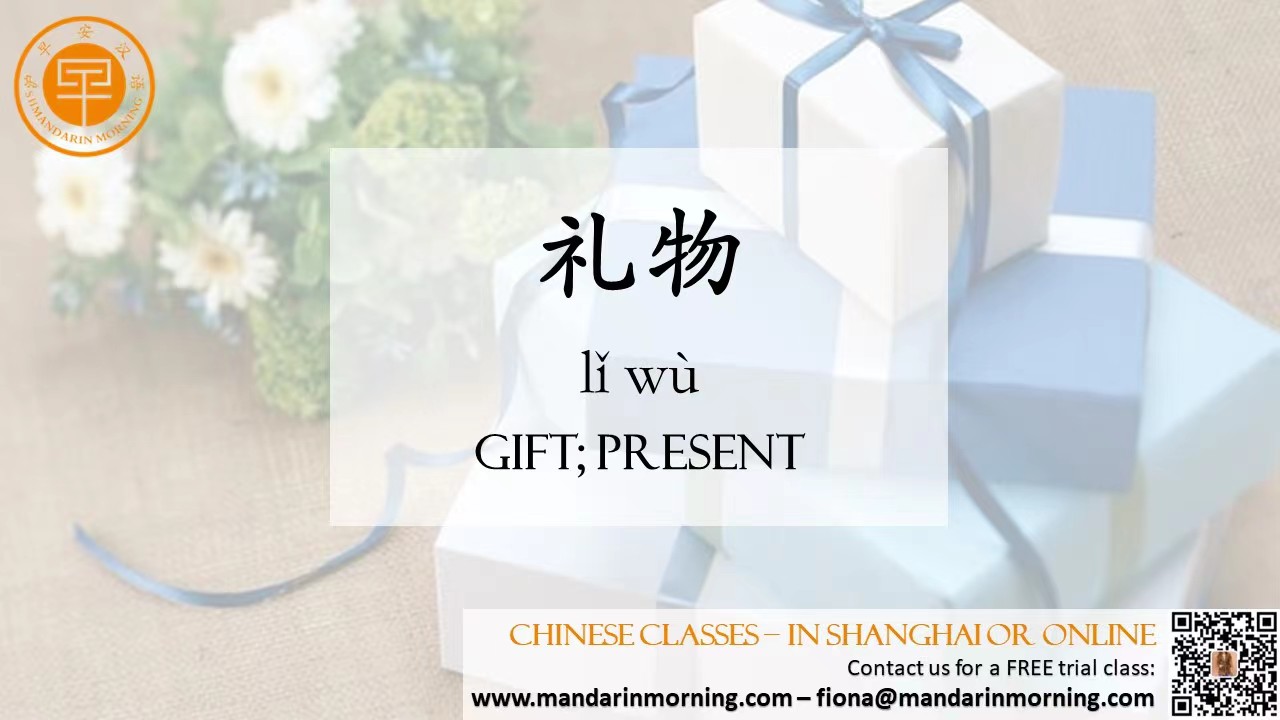| We have already looked at some tips on how to give a perfect gift in China. You should pay attention to the price and then wrap it up properly. Here are more tips and taboos on the Chinese gift giving etiquette.  Pay Attention to your Card Including a greeting card or a gift tag to your present is a good idea, unless you write in red ink, as it signifies bad luck and death. More in general, never write a Chinese person’s name in red ink. Use Both Hands When giving a gift, offer it to the person with both hands, as this is seen as a sign of respect. When receiving a gift, most Chinese recipients will first politely decline it and then accept it. If this doesn’t happen, then don’t push the issue. Wait According to the Chinese etiquette, the recipient receives the gift with both hands, but he/she doesn’t open it immediately, as this will show he pays more attention to the gift than to the people who give it to him. Therefore, generally, gift giving in China happens after a visit or a party and it is followed by a thank-you note or gift. And now that you know what to do when you offer a present to your Chinese friends or colleagues, let’s learn what not to do: Chinese Gift Giving Taboos In China, is not a good idea giving clocks (送钟 sòng zhōng), umbrellas (伞, sǎn), pears (梨 lí) or shoes (鞋 xié) as they all have “bad” homophones: 送终 sòng zhōng) “attending a funeral ritual”, (散 sàn) “to separate”, (离 lí) “leaving or parting” and (邪 xié) evil. It’s also a bad idea to give mirrors as are believed to attract ghosts and sharp object as it might seem that you want to cut off your relationship with the recipient. Do not give gifts in sets or multiples of four as the number four (四 sì) sounds similar to (死 sǐ) which means death. 6 and 8 are good and lucky numbers in China as the first sounds like “smooth” (溜 liū) and the second one (八 bā) sounds like “發” (fā) “to prosper”. Furthermore, there is also a visual resemblance between 88 and 囍 (shuāng xǐ) literally: “double joy”. Necklaces, ties, and belts are considered personal gifts, so they should only be exchanged between boyfriends and girlfriends. |